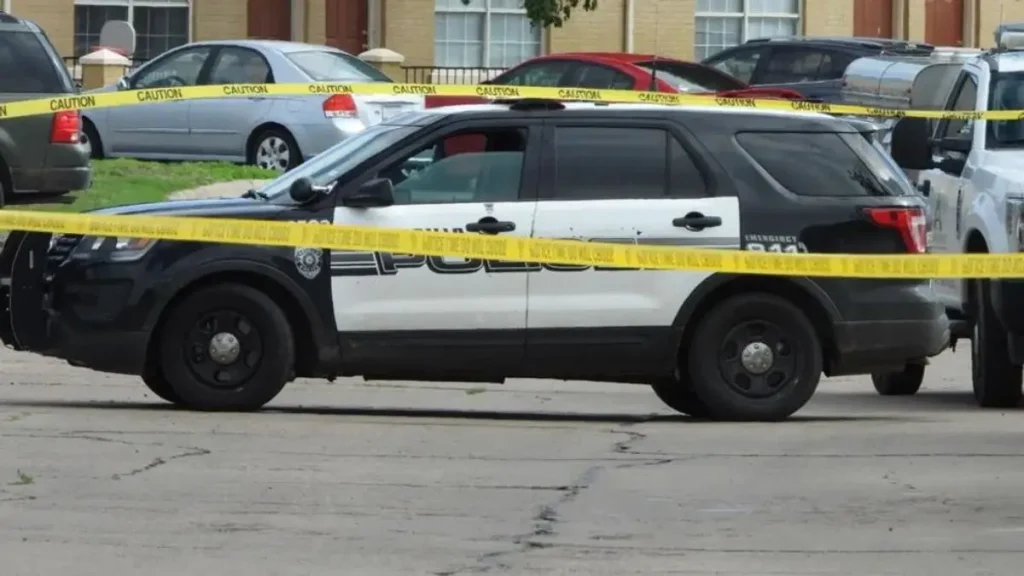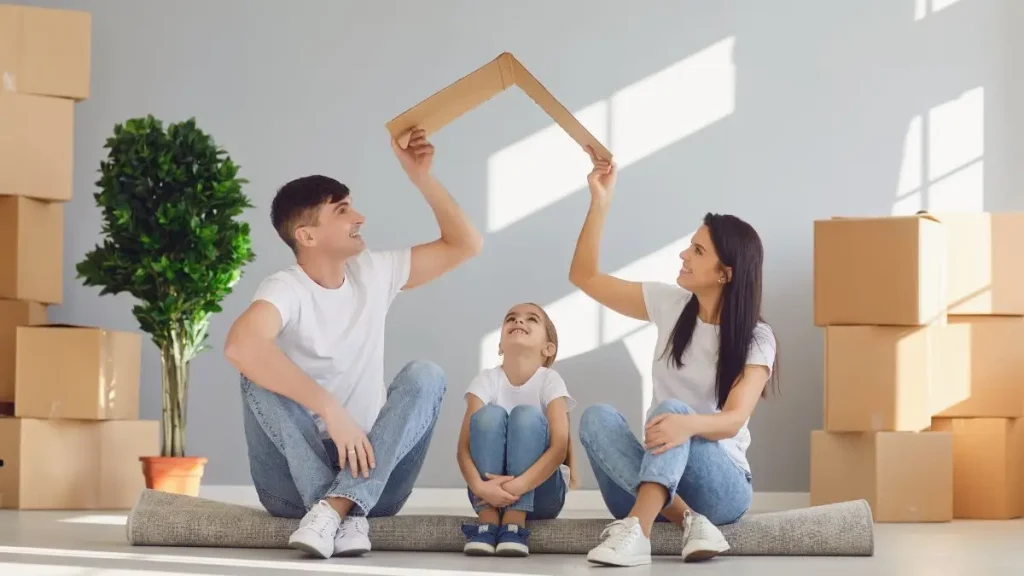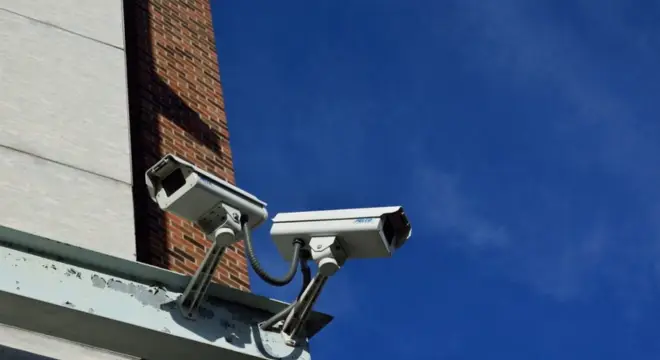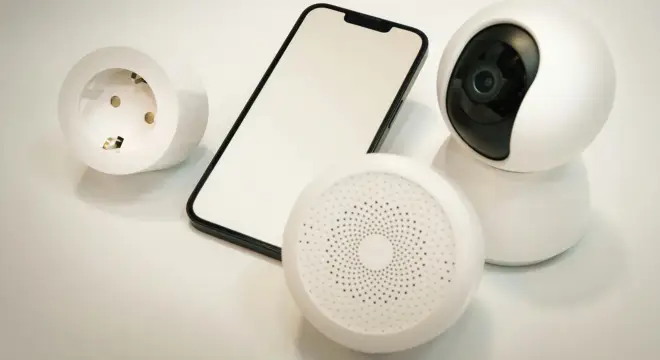Federal Way Incident Raises Urgent Questions About Community Security
Your home is where you expect to feel the safest. Whether it’s a quiet suburban neighborhood or a gated apartment complex, that sense of security is often taken for granted—until something goes wrong. In today’s world, unfortunately, no location is entirely immune to sudden violence.
A recent incident in Federal Way, Washington, has once again raised serious questions about the safety of residential spaces, especially those considered secure. This article explores what happened, why even “safe” homes can be vulnerable, and what real steps you can take to protect yourself and your loved ones.
The Incident That Shook Federal Way
On May 2, 2025, a man was shot and killed inside a residential apartment complex in Federal Way, a city located in King County, Washington. According to a report by Yahoo News, local police responded to the scene around 11:20 a.m. after receiving reports of gunfire. Upon arrival, they discovered the victim had sustained fatal gunshot wounds.
Despite immediate efforts by first responders, the man was pronounced dead on site. As of now, the suspect remains at large, and authorities have urged the public to stay alert and contact law enforcement with any information.
This tragic event didn’t occur in a remote or crime-prone area—it took place in a residential apartment complex, the kind many of us live in or visit regularly. And that’s exactly what makes it so concerning.
We tend to associate apartment buildings, particularly those with secured entrances or private access, with a baseline level of safety. But as this incident shows, even gated communities and apartment homes are not immune to unexpected violence.
Why Gated Communities and Apartments Are Not Immune

Many people assume that living in a gated community or secured apartment automatically protects them from crime. While such features do offer a certain level of deterrence, they are not foolproof. In fact, these residential settings often have multiple access points, shared amenities, and varied visitor traffic—all of which can create gaps in security.
In the case of the Federal Way shooting, it’s still unclear how the suspect entered the premises or whether there was any relationship between the shooter and the victim. However, this doesn’t change the broader concern: if a person with violent intent can access a supposedly private residence undetected, then no one is truly secure without additional layers of protection.
Common vulnerabilities in apartment buildings and gated communities include:
- Non-functioning security cameras
- Open or broken gates
- No on-site security staff
- Lack of resident awareness or emergency communication
Such gaps can make it easier for intruders to move around unnoticed. Even if your personal unit is locked and secured, weak community-level security can put everyone at risk. It’s a sobering reminder that home security isn’t just about locking your front door—it’s about understanding the full environment you live in.
What This Means for Homeowners and Renters
The shooting in Federal Way isn’t just an isolated tragedy—it’s a wake-up call. Whether you’re a homeowner in a standalone property or a tenant in an apartment complex, the assumption that “it can’t happen here” is no longer safe. Today’s security threats aren’t limited to high-crime areas; they can surface anywhere, even in well-maintained, seemingly quiet communities.
This event reinforces the urgent need for proactive security measures. Too often, security is only taken seriously after an incident occurs. But personal safety should never be reactive—it must be intentional and ongoing.
For renters, this means evaluating the safety features of your building just as carefully as you would the layout or monthly rent. Ask:
- Is there a working camera system?
- Are the gates actually closed and monitored?
- Are visitors being screened at entry points?
For homeowners, especially in HOA-managed or gated communities, it’s worth pushing for neighborhood meetings, demanding security upgrades, and encouraging the formation of resident safety groups.
Security is no longer a luxury or an afterthought—it’s a responsibility that must be shared by individuals and their communities alike.
Even celebrities face serious threats to their personal spaces—like in the Joaquin Phoenix’s car theft case, which exposed serious gaps in celebrity home security.
Practical Home Security Improvements You Can Make Today

In light of incidents like the one in Federal Way, there are several practical and affordable steps you can take right now to strengthen your home’s safety, whether you live in an apartment, condo, or single-family home.
1. Install Modern Surveillance Cameras:
A strong first line of defense. Choose smart security cameras that:
- Provide 24/7 monitoring
- Store footage in the cloud
- Allow remote access via mobile apps
Mount cameras at main entrances, hallways, garages, and any dark or blind spots around the property.
2. Upgrade to Smart Locks and Access Controls:
Traditional locks aren’t enough anymore. Replace or complement them with smart locks that offer:
- PIN codes or biometric access
- Auto-lock features
- Remote control access for guests
In apartment complexes, this can also mean lobbying management for keycard or video doorbell systems at main entryways.
3. Strengthen Community Security Through Awareness:
Start or join a neighborhood watch or resident security group. These networks help:
- Monitor unusual activity
- Report issues quickly
- Foster communication between residents and local authorities
Free apps like Next door or WhatsApp can create instant alert systems for your block or building.
4. Improve Outdoor and Hallway Lighting:
Poor lighting is an invitation for criminal activity. Install or request:
- Motion-sensor lights in outdoor spaces
- Bright LED lighting in hallways, garages, and stairwells
These simple fixes increase visibility and reduce hiding spots.
5. Prepare for Emergencies Ahead of Time:
Don’t wait for a crisis. You should:
- Have emergency numbers saved and displayed in your home
- Educate family members or roommates on safety protocols
- Keep a first-aid kit, flashlight, and power bank ready
In apartment buildings, know where emergency exits are located and how to quickly alert building security or the front desk in case of suspicious activity.
What Apartment Complexes and Housing Communities Must Do
While individual efforts matter, true safety requires system-level changes—especially in shared housing environments like apartment complexes and gated communities. Management companies, landlords, and homeowner associations must take responsibility for implementing robust security systems that go beyond basic maintenance.
Here’s what should be expected from any residential property:
- Monitored Security Cameras: Regularly checked, not just for show. Every entrance and exit point should be covered.
- Controlled Access: Keycards, intercom verification, and visitor logs should be standard in modern buildings.
- On-Site Security or Patrols: Especially for large complexes, having security personnel can make a significant difference.
- Resident Education: Monthly or quarterly safety bulletins, community meetings, and digital alerts keep everyone informed and vigilant.
- Regular Maintenance Checks: Broken lights, faulty gates, or security system glitches should be addressed immediately—not after an incident.
These aren’t just features—they’re necessities. When buildings fail to invest in safety, they put every resident at risk, and as we’ve seen in Federal Way, the consequences can be fatal.
Final Thoughts
The tragic shooting in Federal Way is more than just a crime report—it’s a reminder that safety starts at home, but it doesn’t end at your front door. Whether you’re a renter or a homeowner, living in a busy city or a quiet suburb, it’s your right—and your responsibility—to take home security seriously.
Simple upgrades like better locks, smarter lighting, and community engagement can make a major difference. But perhaps the most powerful tool is awareness—recognizing that no place is truly “safe” unless it’s actively protected.
Don’t wait for tragedy to strike your neighborhood. Start asking the right questions today, take action where you can, and demand better from the places you call home.
we believe your home should be a place of safety, peace, and confidence. If this article helped you think more clearly about your home’s security, don’t stop here— Explore our expert-backed home safety guides, smart security product reviews, and actionable improvement ideas.
Your safety is not a luxury—it’s essential. Visit our website today and take the first step toward a safer home.
Disclaimer: The information provided in this article is for general educational purposes only. While we reference recent news to highlight real-world concerns, we do not provide legal advice or official law enforcement guidance. Always consult with certified professionals or local authorities for personalized security recommendations.


